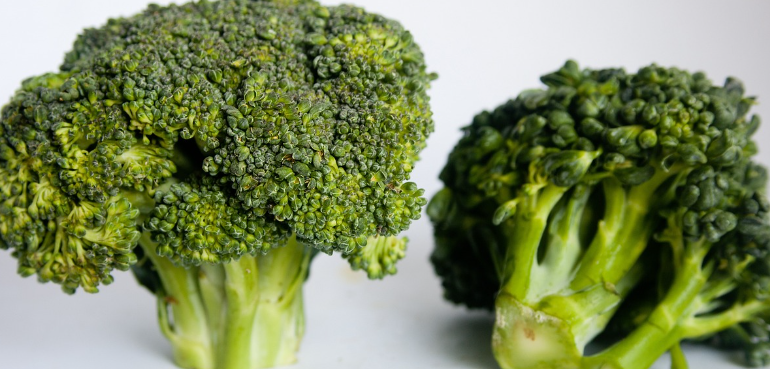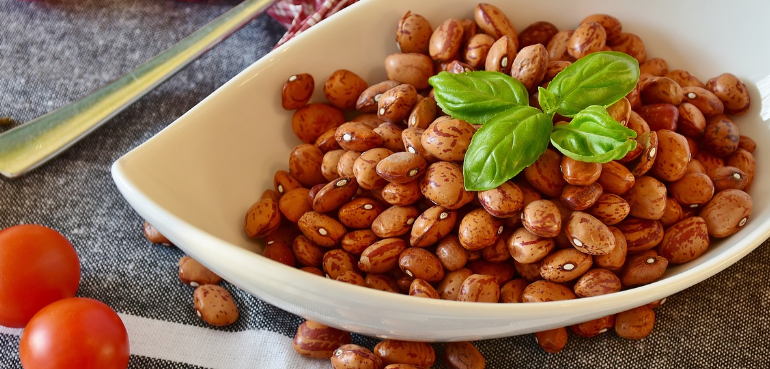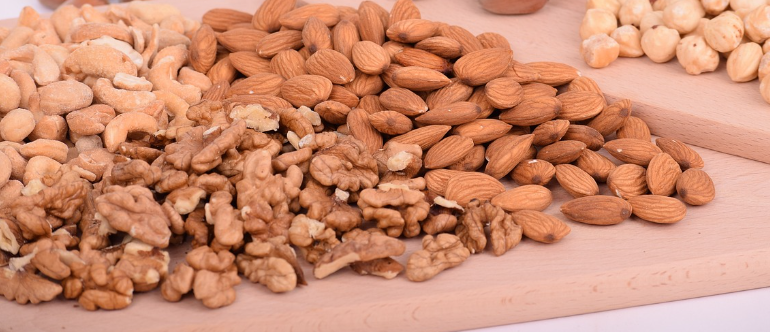

Interleukin-10 (IL-10): A cytokine that plays a crucial role in regulating immune responses and inhibiting inflammation.
Foods: Fatty fish (like salmon and mackerel), walnuts, and flaxseeds, which are rich in omega-3 fatty acids that can promote IL-10 production.

Transforming Growth Factor-beta (TGF-β): A multifunctional cytokine that helps regulate immune responses and promotes tissue repair.
Foods: Leafy greens (such as spinach and kale), broccoli, and garlic, which contain compounds that may enhance TGF-β activity.

C-Reactive Protein (CRP): While often considered a marker of inflammation, it can also have anti-inflammatory effects by promoting the resolution of inflammation.
Foods: Whole grains (like oats and brown rice), berries, and nuts, which can help lower CRP levels through their anti-inflammatory properties.

Adiponectin: A protein hormone produced by fat cells that has anti-inflammatory properties and helps regulate glucose levels and fatty acid breakdown.
Foods: Olive oil, fatty fish, and legumes (like lentils and chickpeas), which can help increase adiponectin levels in the body.

Foods: Red and yellow bell peppers, citrus fruits, and berries, which are high in antioxidants and can support haptoglobin function.

Alpha-1 Antitrypsin (AAT): A protein that protects tissues from enzymes released during inflammation and helps modulate immune responses.
Foods: Eggs, fish, and lean meats, which provide essential amino acids that support the synthesis of AAT.

Serum Amyloid A (SAA): While primarily known as an acute-phase protein, it can also have roles in modulating inflammation.
Foods: Whole grains, nuts, and seeds, which can help modulate inflammation and support overall immune function.


